LGBTQIA Pride brings so many wonderful things to mind, but today, I want to focus on the phenomenon of the LGBTQIA Choral movement.
I
have been singing with these choruses for over 30 years and currently sing with the New Orleans Gay Men’s Chorus, one of the earliest gay men’s groups that started singing in 1982 and helped found GALA Choruses. These choruses have provided a home and acceptance for so many people throughout our country and the world. The movement continues to grow adding new choruses as our community changes and our audiences expand.
There are a number of firsts, but 3 of these groups really got things started. Anna Crusis Feminist Choir in Philadelphia was founded in 1975 and gave lesbians a safe space where they could sing with straight women. The San Francisco Gay Men’s Chorus, founded in 1978 only a month before the assassination of Harvey Milk, was the first to use the word Gay in their title. SFGMC The Gotham Male Chorus, founded in New York City in 1977, later changed their name to the Stonewall Chorale in 1979 when women joined the organization. The Trans Chorus of Los Angeles was formed in 2015 to represent the interests of the Trans community. GALA Choruses (the Gay and Lesbian Association of Choruses), founded in 1982, started with 10 groups and currently has 100 associated choruses singing as female, male, and mixed ensembles. One of the core values of GALA and many of its associated choruses is to use the power of music to create social change. As Pride month starts, I find myself continually drawn to the idea of using music to create social change.
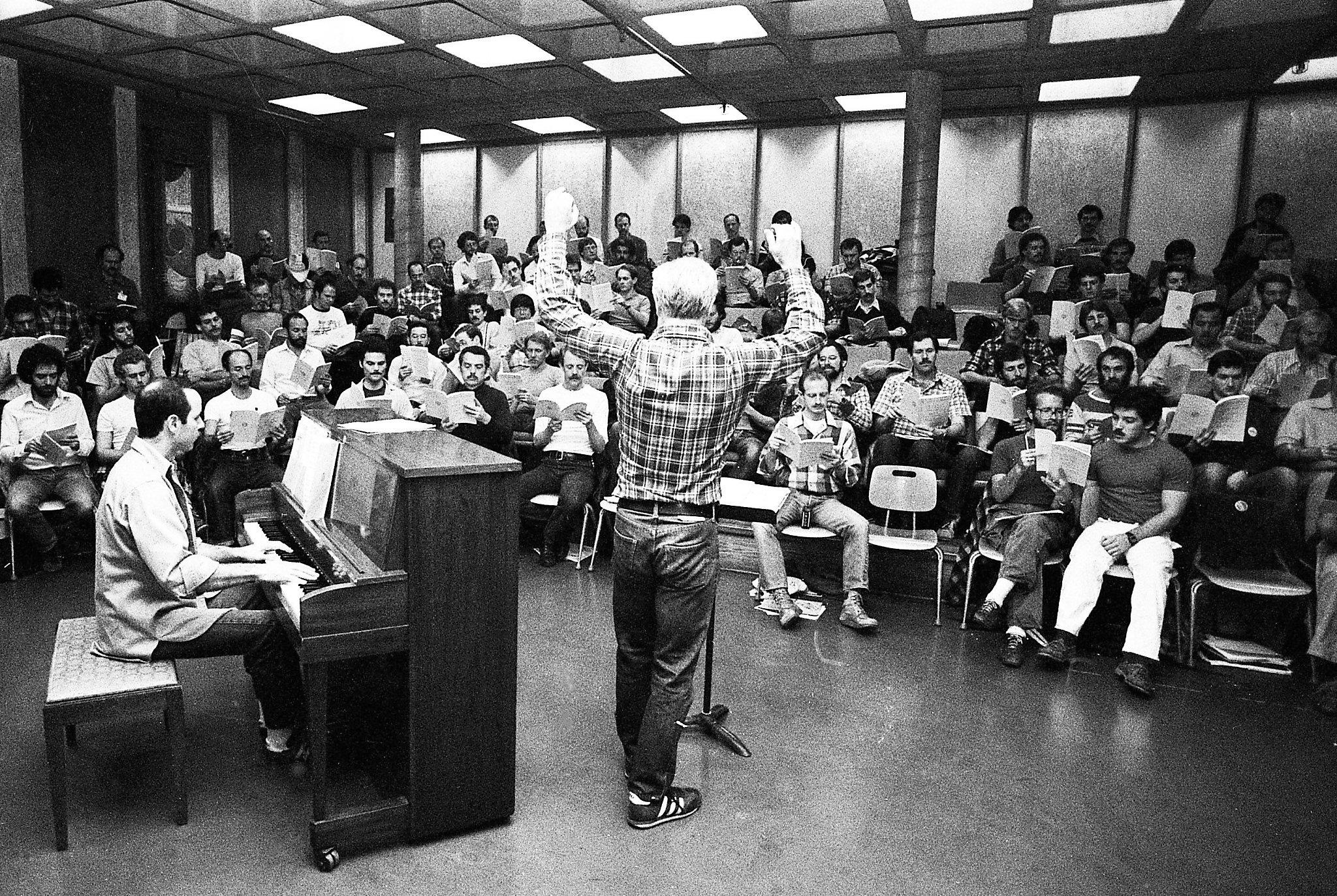
Feb. 23, 1981: Conductor Dick Kramer leads the San Francisco Gay Men’s Chorus in preparation for their first national tour
Photo courtesy of Steve Ringman / The Chronicle 1981
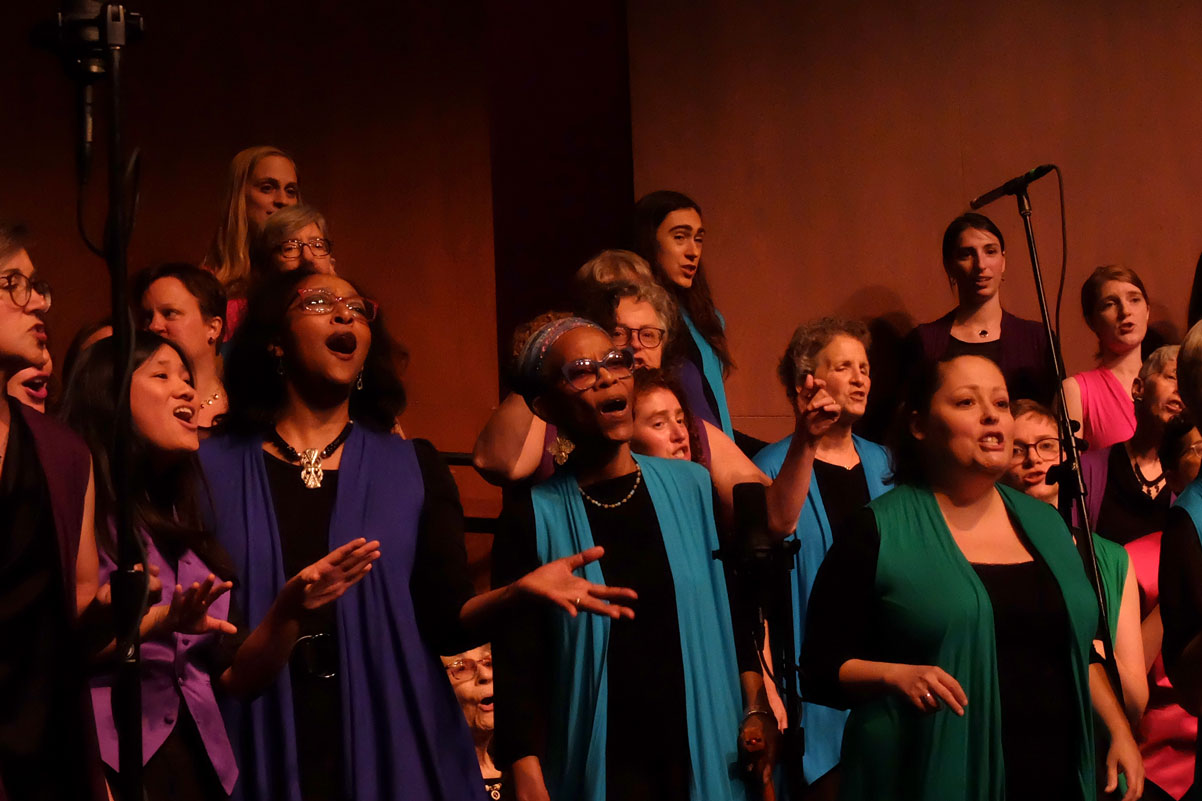
Anna Crusis Femenist Choir performing in Feb of 2020
Photo courtesy of Anna Crusis Femenist Choir
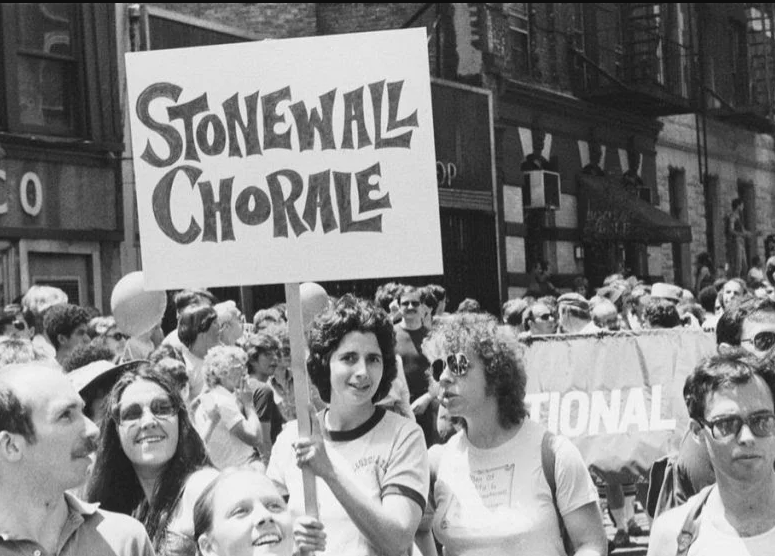
1978: Stonewall Chorale parading during the New York Gay Pride Parade Photo courtesy of Stonewall Chorale
My own experiences with the LGBTQIA chorale movement started with the Lesbian & Gay Chorus of Washington, DC when I sang with them after college. As a young, gay man coming of age in the turbulent times of the late 1980s and early 1990s, the Lesbian & Gay Chorus of Washington, DC provided a significant impact on who I am and who I am still striving to be. They provided me with the strength and support to face the problems that seemed so enormous.
We sang a range of music, but the music of self-discovery, pride, social justice, and protest stands out the most to me all of these years later. I still remember the words of artist, Lucie Blue Tremblay in her song “I Want You To Know Who I Really Am,”
So many people in the world, alone in their own way
Tired of hiding; silence is dying
I want you to know, know who I really am
I want to be free, to be me, with you
And if you love me as much as I love you
Then you’ll love me even if I’m not like you
And artist Labi Siffre in her song “Something Inside So Strong,”
The higher you build your barriers; the taller I become
The farther you take my rights; the faster I will run
You can deny, you can decide to turn your face
No matter, cos there’s
Something inside so strong
I know that I can make it
Tho’ you’re doing me wrong, so wrong
You thought that my pride was gone,
Oh no, something inside so strong.
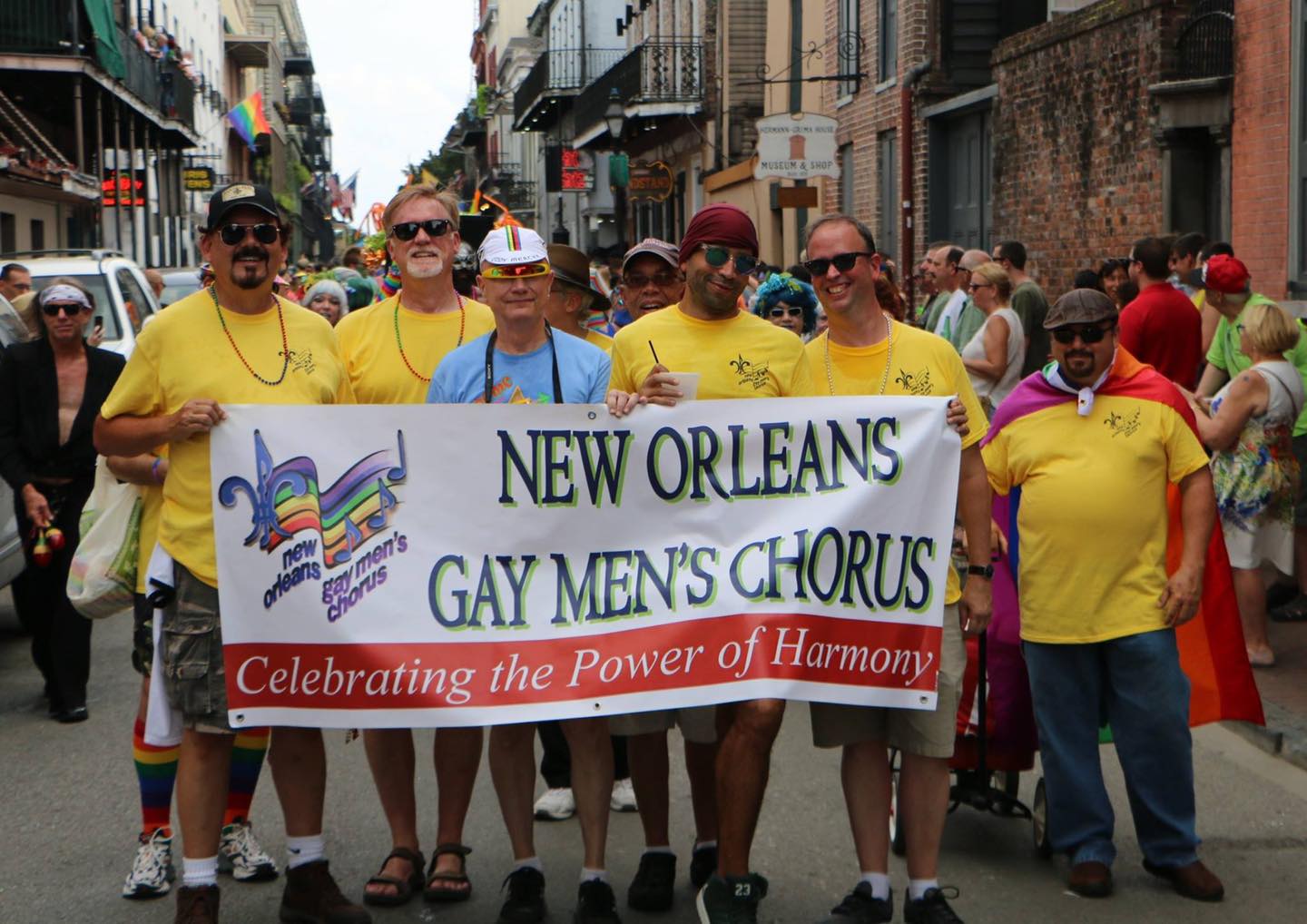
James Marchant second to the right parading during Pride with members of the New Orleans Gay Men’s Chorus
Photo courtesy of The New Orleans Gay Men’s Chorus
These songs reached right through everything and spoke about the need to be honest about who we are and the strength we have inside of ourselves in the face of bigotry. Singing them with other gay men and lesbians gave me this overwhelming feeling of belonging and hope. I grew up in rural New Hampshire and then found myself in our nation’s capital city marching through the city singing songs of protest, singing at funerals of gay men who died from AIDS, and singing at marriages that would not be recognized by the government for another twenty years. We sang African Freedom Songs in protest of bigotry against Black people in the United States and apartheid in South Africa. We sang songs that made us laugh and cry, songs to help people on whatever journey they were on, and songs to shake society at large. I recognized that my struggle for freedom for myself was a part of a much larger struggle for freedom for people all around the United States and around the world.
These songs reached right through everything and spoke about the need to be honest about who we are and the strength we have inside of ourselves in the face of bigotry
As life has changed, I have found myself living in various places all around the United States. In most of those places I have found myself singing and have done so with the Lesbian/Gay Chorus of San Francisco, the Philadelphia Gay Men’s Chorus, the Stonewall Chorale in New York City, the Columbus Gay Men’s Chorus, The Triad Pride Men’s Chorus in Greensboro, North Carolina, and now the New Orleans Gay Men’s Choruses. In each of these cities where I have lived, , these choruses, whether they were men’s choruses or mixed choruses, have always provided me a home and a base of support in a new place. I miss singing with my brothers in the New Orleans Gay Men’s Chorus as the pandemic has raged around us and I look forward to singing with them again in the near future.
As a society, we have come so much further than I thought possible as a young, baritone, marching and singing through the city streets in Washington, DC, protesting the gross inequality suffered by the LGBTQIA community and others around the world. I found a home in the LGBTQIA choruses, but I also know we still have so much work to do so all people are valued and supported for who they are, not just who we want them to be. I believe it is possible.

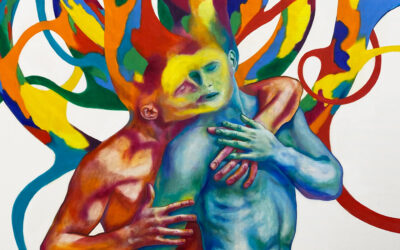
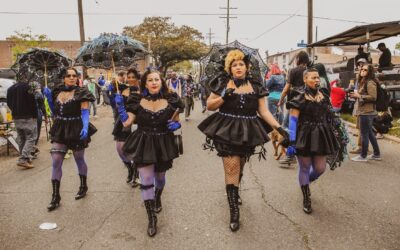
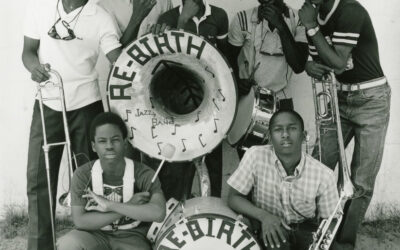
0 Comments